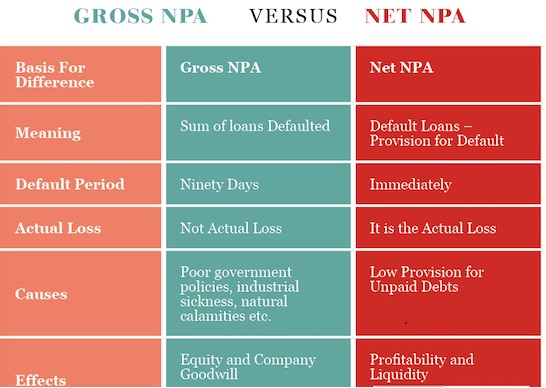7667766266
enquiry@shankarias.in
DNA Repairing Protein
SERB
Snow EX
NITI SDG Index
Annual Flamingo festival
Nari Shakti Puraskar
Economic Terminologies Recently in News

Source: Indian Express and the Hindu